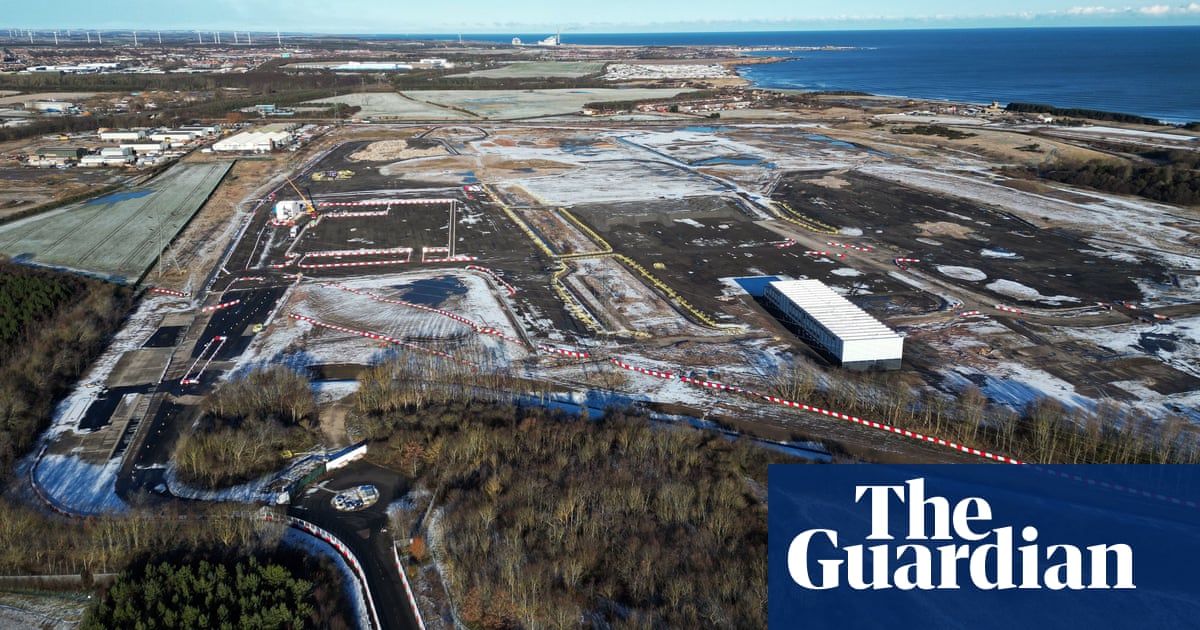
A private equity firm owned by Jared Kushner, Donald Trump’s son-in-law, has been paid $157m in fees since 2021 without returning any profit to investors, according to a US Senate inquiry.
The finding from the Senate finance committee has fuelled suspicions that the Miami-based company, Affinity Partners, may be a foreign influence-buying operation established in anticipation of the former president returning to the White House.
The inquiry was launched by the Democrat-led Senate finance committee in response to reports in the New York Times that Kushner was pursuing property deals abroad as his father-in-law was embroiled in a presidential election campaign.
The paper reported that Kushner was using contacts cultivated while working as a White House adviser during Trump’s presidency.
The Senate investigation has found that no profits have been paid to Saudi and other investors by Affinity despite the hefty management fees it has raked in.
Ron Wyden, the committee’s Democratic chairman, wrote to the company this week asking why it had not “distributed a penny of earnings back to clients”.
In a letter to Chad Mizelle, Affinity’s chief legal officer, he said the inquiry’s findings have “heightened my concerns that investments in funds managed by Affinity create unprecedented conflicts of interest”.
He added: “Affinity’s investors may not be motivated by commercial considerations, but rather the opportunity to funnel foreign government money to members of President Trump’s family, namely Jared Kushner and Ivanka Trump.”
Wyden said the foreign investors’ fees included $87m from the government of Saudi Arabia.
“Affinity’s failure to deploy capital in a timely fashion while charging excessive fees has reinforced my view that Affinity is likely part of a compensation scheme involving US political figures designed to circumvent the Foreign Agents Registration Act (FARA),” he wrote.
Wyden’s comments amplify concerns voiced in an earlier letter – sent in June to Affinity’s chief financial officer, Lauren Key – that the company’s exclusive reliance on foreign investors raised national security concerns.
“Private investment funds that take money exclusively from foreign politically exposed investors present heightened national security and other risks,” he wrote. “The US government has recently highlighted how the opacity and lightly regulated status of private funds can present risk to national security.”
Mizelle, in a statement to the New York Times, called Wyden’s criticisms “political” and insisted the firm had complied with federal laws and ethical regulations. The delay in returning profits was not unusual, he said.
“Partisan politics aside, Affinity Partners is an SEC [Securities and Exchange Commission]-registered investment firm that has always acted appropriately and any suggestion to the contrary is false,” the statement added.
Kushner has admitted previously that his company – of which he is sole owner – has moved “slowly” to invest the $3bn it has received from investors since its establishment in 2021, citing a shortage of attractive available deals.
The bulk of the funds – $2bn – comes from the Saudi government’s public investment fund. But it also includes money from the sovereign wealth funds of Qatar and the United Arab Emirates, and from Terry Gou, the Taiwanese billionaire owner of Foxconn, the world’s largest electronic contract manufacturer.
The Senate committee says there is a fifth “mystery foreign investor that Affinity has declined to identify”.
It is not only Democrats who have questioned Affinity’s arrangements. James Comer, the Republican chair of the House oversight committee, told CNN last year that Kushner “crossed the line of ethics” regarding Saudi funding for the company.











